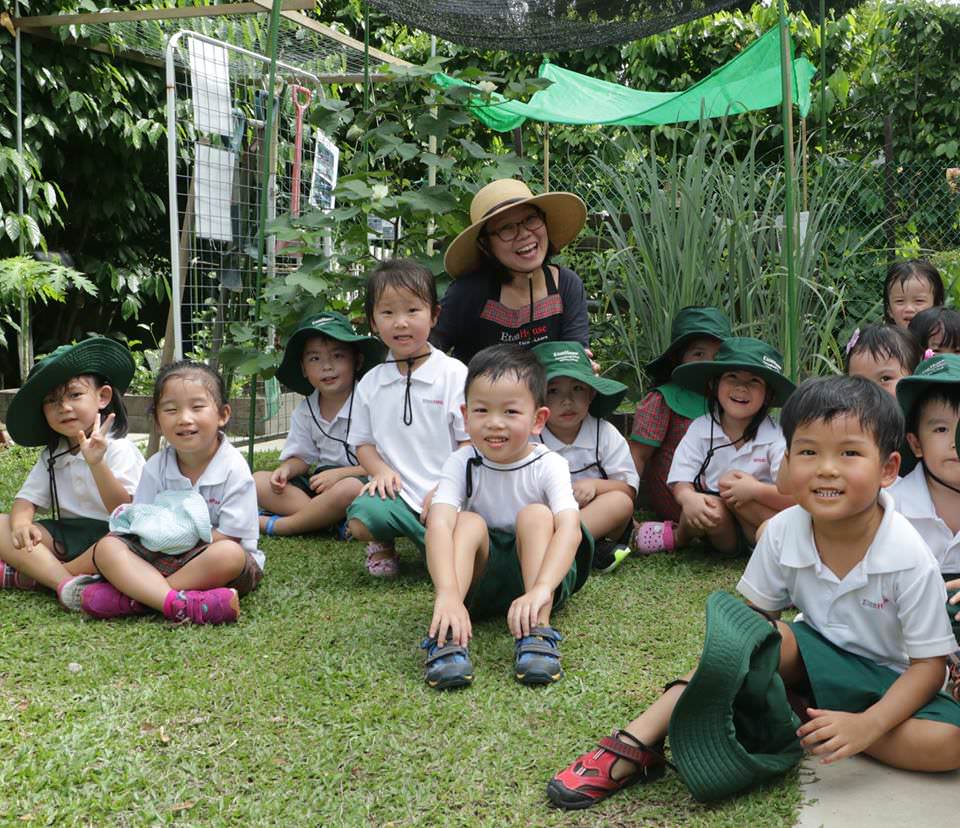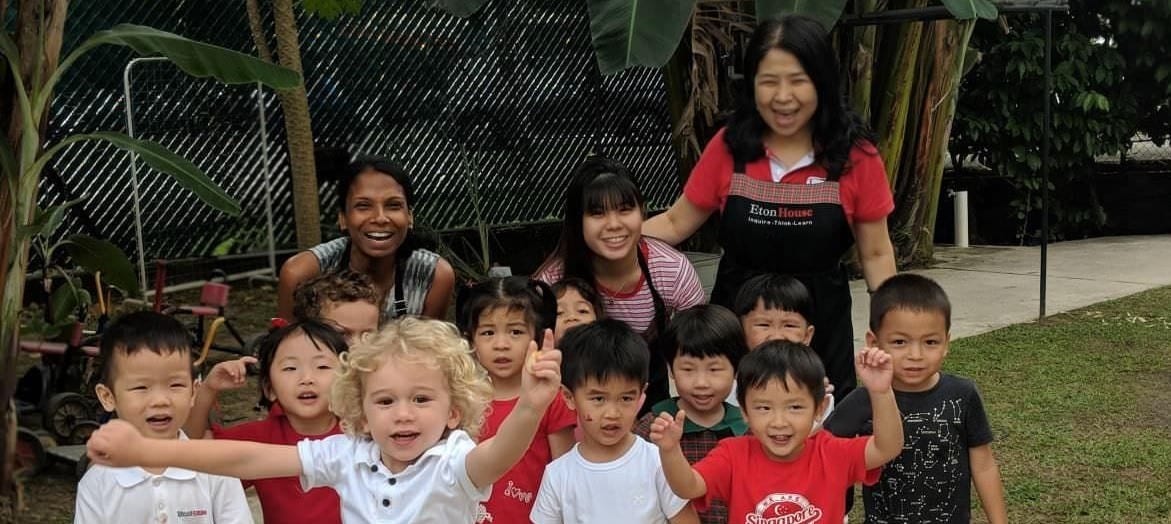EtonHouse Vanda believes the features of an effective high quality early childhood education program must include:
- The child as central to all decision making and planning
- The pedagogical consideration of listening to children
- Positive, respectful, reciprocal relationships between children, parents and staff
- The integration of knowledge, skills, dispositions and attitudes
- Proactive social justice strategies
- Play as the central mode of learning and development for the youngest children
- Intellectually, socially and emotionally satisfying experiences
- The active participation of families
- A responsive and well resourced physical environment
With the right focus, we have created a flexible and interactive curriculum for the children, that challenges them to become more independent in doing everyday things and always curious about their environment.
EtonHouse Vanda prides itself on providing a well-rounded curriculum that allows children to be exposed to a bilingual education in English and Mandarin. Both English and Mandarin educators adopt the roles as collegial partners in facilitating the process of children’s thinking. This bilingual approach to learning has been extremely well received by both local and expatriate families. Through a variety of teaching approaches and hands-on learning, children develop their listening, reading and writing skills in the language.
Parents value this programme for its role in preparing children for formal Mandarin curriculum in the local primary schools. The expatriate families appreciate the exposure that their child gets to the Chinese language, festivities, traditions and values.
Other enrichment courses provided by the school include:
- Music and Movement
- Physical Education
- Special Mandarin Reading and Writing Programme
- Mandarin Speech and Drama
- Fine Arts
How does the Kindergarten programme look like?
Kindergarten is designed for children from 4 to 5 years and 5 to 6 years. These groups of children are capable of effective communication, both verbally and written. Not only are they active listeners who can receive a message, they are also capable of interpreting it. The task of the teacher is to create a context in which children’s curiosities, theories and research are acknowledged and listened to. A context where children will be comfortable, confident, motivated and respected to grow in.





